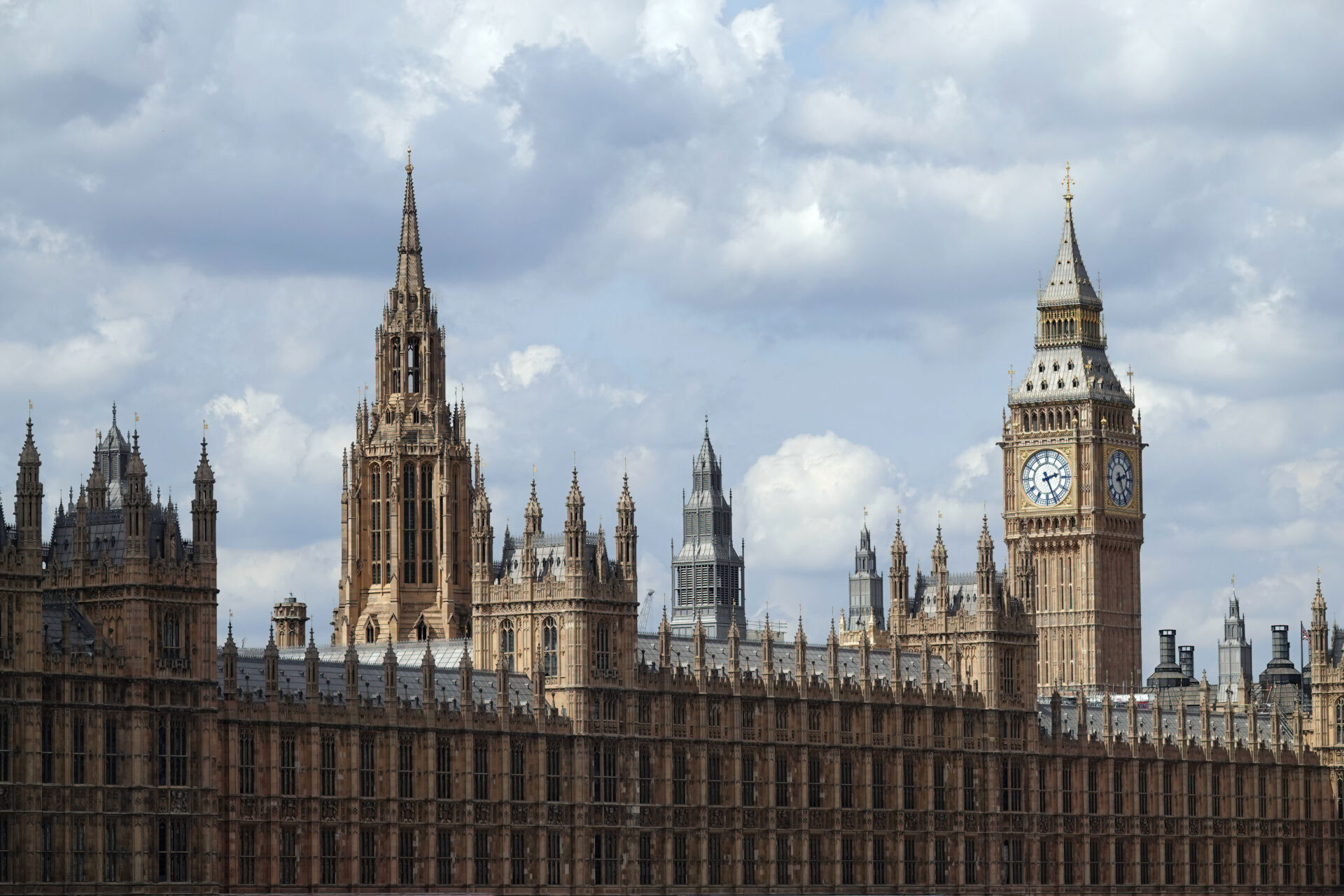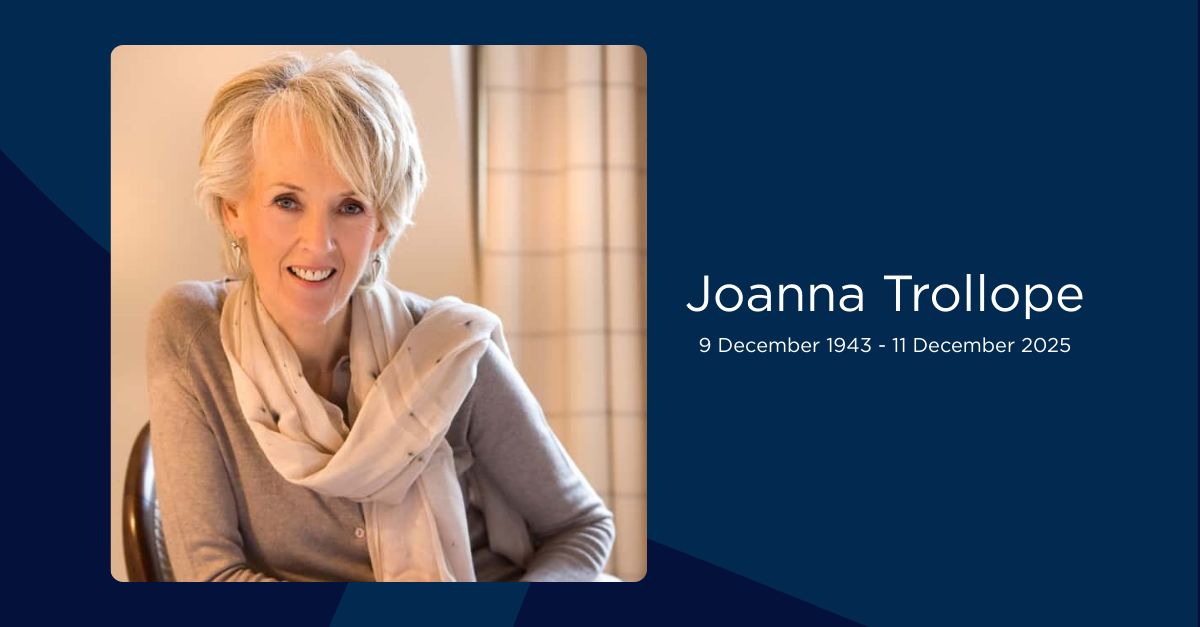First published in The Author, Winter 2021
What do we owe to each other? In my day job, as a doctor, this is clear: I promise to care for my patients; I promise to do no harm. In my other role, as a writer – flung without warning into acute and emergency medicine in a pandemic – I felt another sense of duty. From the start of lockdown, in 2020, I needed to document and describe the flood of changes happening inside hospitals.
I was put in an extraordinary place at an extraordinary time. Making sense of the daily reality on the wards and A&E by writing and reflecting, with all my anger, with my unravelling anxiety, was cathartic. But it soon felt bigger than me. I began to feel that it was my responsibility to keep a record. My colleagues and patients have a right to confidentiality, which complicates sharing what is witnessed. But I also felt that it was important not to comfort and conceal with well-meaning deceit, even when the truth was exposing and hurtful.
Flawed heroes
In March 2020 I heard senior colleagues discuss a ward doctor who had not presented to work because he was afraid of catching this new and virulent virus. ‘You can see someone’s true character during a crisis,’ one colleague said. I felt this was unfair. We cannot be defined by how we behave in a crisis, as we cannot govern or determine our reactions to fear. We can learn from it, however, and we learn most from what we get wrong. I felt no obligation to record NHS successes during the pandemic, no duty to present NHS workers as heroes. Like the unsolicited claps on doorsteps, the narrative felt forced upon us, and damaging to us as individuals. As if we didn’t have the right to huddle and bitch in corners, and weep like everyone else! I wrote about fearfulness, and failings. I wrote about our flaws.
“It was important not to comfort and conceal with well-meaning deceit, even when the truth was exposing and hurtful”
As a junior doctor, working front-line and full-time throughout the Covid-19 pandemic, in A&E, in acute medicine, on Covid wards with the highest-risk aerosol generating procedures (AGPs), what I felt most acutely was a loss of control, which leaked into our private lives. We could not refuse what we were asked. This is what I documented. This was felt at a personal level: no longer being allowed to request leave to care for newly home-schooling children or isolating parents. It was felt at a cohort level: the whole group of junior doctors was told in a sweeping WhatsApp message that all our holidays were cancelled, that bank holidays would no longer be honoured, that rotas would change without warning, that breaches in our maximum hours were ‘not unacceptable’, with that politically charged double negative. The non-clinical management, also under pressure, who sent out the messages about the rotas, still took their annual leave, and went home on time. This lack of fairness caused an emotional and practical rift between them and front-line junior doctors on the shop floor. ‘They wouldn’t work like this,’ was heard in the hospital at this time. ‘We’re just scrubs to them,’ was another telling phrase.
‘I didn’t want to come in today. I wanted to quit,’ was something I often heard colleagues say. Why did we keep coming in to work? Risking our lives, our families’ lives? If someone really refused to work those newly allocated hours or in that high-risk ward or ITU, there was no way of forcing them. At the peak of the pandemic, with up to a quarter of the medical workforce unwell or isolating due to Covid-19, the main deterrents were personal. We shared a sense of moral obligation. We didn’t want to let down those left on shift, or our patients. And most junior doctors were keenly aware of our place in history – of our opportunity to step up during this most difficult time. If not us, who else would do the job? Who else could care for the diseased and dying?
Without a script
Information relating to the care of patients with Covid-19 changed almost daily, right down to the practical minutiae. How to send the swabs to the lab, package bloods, find the PPE that was downgraded to a plastic apron and simple mask, upgraded to a gown and FP10 when these became available, downgraded again and swept off the medical wards when supply was compromised to ensure there were sufficient stocks for ITU. Juniors were relying on their registrars, who were relying on their consultants, who did not have the answers. ‘Who knows? Who has the time to find out?’ was a question that was asked frequently by colleagues rushing to emergencies, unsure if they had caught the virus from caring for the symptomatic – with no way to test in those early days unless they were symptomatic themselves.
We were all working without a script, and trying to do our best, following the last instruction that was given, and questioning when appropriate. Writing my own script, my own documentation of this time, felt like the only way to scrape back some sense of control. I wanted to learn how we could make things better. We did our best to keep our patients and ourselves safe, and it was not good enough. Patients and staff contracted Covid-19 on our wards. I was among them.
In it together?
Covid affected us all, but it began to feel that we were not all in this together. The level of risk was vastly heightened for some. The only patient-facing doctors who managed to escape contracting Covid were some of those full-time on intensive care units, from my narrow experience; this was most likely due to the better quality of PPE that was always available and required there. And there was the question of ethnicity. The first British healthcare professionals to die due to Covid-19 were BAME doctors. These three deaths were front-page news, but the initial response to the evidence of heightened risk for BAME frontline workers was defensive and confused. Underlying health conditions were offered as explanations, or the prevalence of heart disease and diabetes in the South Asian community, or social inequalities such as the increased patient contact among certain groups, such as carers, who were more likely to be BAME. In some ways it felt as if individuals in higher-risk groups were being blamed for their vulnerability.
In many hospitals, my own included, clinicians are more diverse than the population we serve. The fear among BAME healthcare workers was exacerbated by the lack of a clear response, and the delay in taking action for prevention and protection. An older Asian consultant, newly arrived from Pakistan to help during the pandemic, said his family thought he was insane to work on our wards, that he was risking his own life. We have been learning that a healthcare community is only as safe as our most vulnerable members. We learned the importance of keeping the healthcare community safe, or at least safer. We could only care for others if we were safe ourselves.
“I was writing emotionally, furiously, politically, unburdening myself on the page every night”
I felt a duty to capture and chronicle some small part of this, to explore the lessons from what went wrong, and forge a way forward. I began to learn, a few weeks into the pandemic, that I was not the only doctor-writer doing this. It was a vast relief. I was writing emotionally, furiously, politically, unburdening myself on the page every night. I was grateful that others more senior and influential than me, more measured and articulate, could voice our shared concerns.
As clinicians, as junior doctors, speaking for those I work with every day, we have been proud to serve our patients during the Covid pandemic. Disease and death were impossibly normalised, and that changed something about us, but we kept going, and we kept caring, without the promise of a happy ending in sight. My hope is that our best work is still ahead of us. We have still to learn from our fears and flaws and failings. As those who have lived and worked in this extraordinary time, while narratives are manipulated by career politicians amid fake news and fearfulness, we have a duty, not just of care, but of candour.
So what do we owe to each other? As doctors and writers, we owe the truth.
Dr Roopa Farooki’s Everything is True: A Junior Doctor’s Story of Life, Death and Grief in a Time of Pandemic, will be published by Bloomsbury in January 2022. She is also the author of the Double Detectives Medical Mystery Series for children, with Oxford University Press, and six literary novels with Headline and Pan Macmillan.
roopafarooki.com / Twitter: @RoopaFarooki






